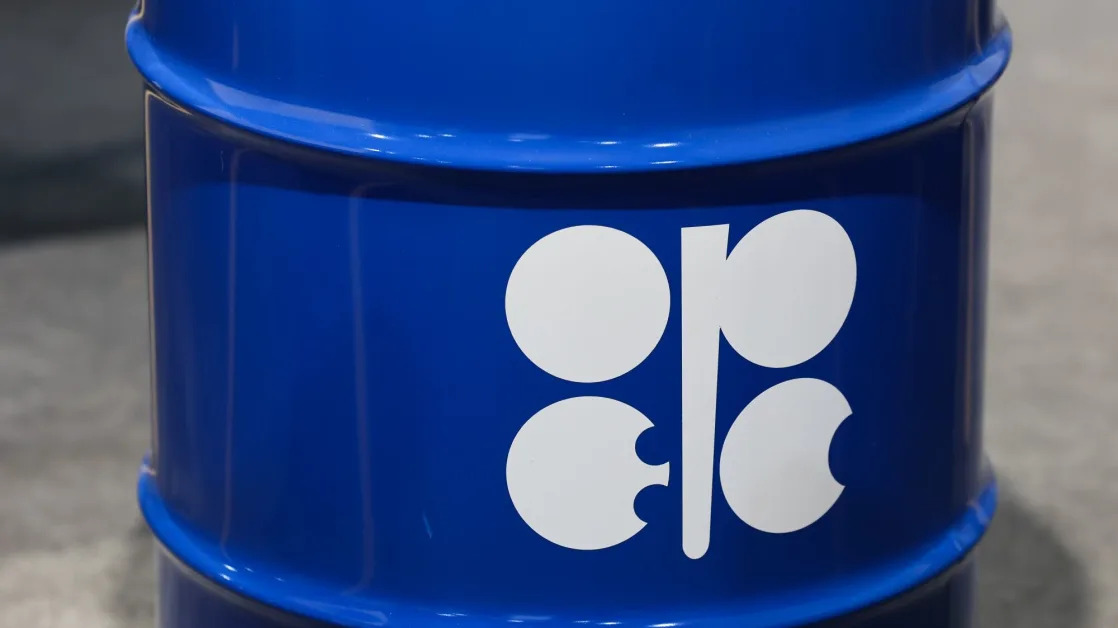(Bloomberg) -- Key OPEC+ nations have begun discussions to delay the oil production restart planned for January, potentially for several months, delegates said.
The nations doubt that they can go ahead with the 180,000 barrel-a-day increase currently scheduled for January, and may also need to postpone further hikes planned for the following months, amid signs of a global oversupply, said the delegates, who asked not to be identified as the talks are private.
Oil futures rose as much as 1.9% in London, briefly trading above $74 a barrel.
On Tuesday, Saudi Arabian Energy Minister Prince Abdulaziz bin Salman met with Russian Deputy Prime Minister Alexander Novak and Iraqi Prime Minister Mohammed Shia Al-Sudani in Baghdad, where they discussed oil market stability, according to a statement from the Iraqi prime minister’s office. The whole of OPEC+ is due to meet online on Dec. 1.
Eight OPEC+ nations are supposed to revive 2.2 million barrels a day in monthly installments from January, a sequence postponed from October as oil prices struggled. The group has been withholding output since late 2022 in a bid to shore up prices.
Global oil markets are set to tip into a renewed glut next year even if OPEC+ cancels the supply hikes entirely, the International Energy Agency forecasts. Citigroup Inc. and JPMorgan Chase & Co. warn that prices are already set for a slump from above $70 a barrel toward $60 — and lower if the group opens the taps.
Traders widely expect that the increase will be delayed, potentially until the second quarter, according to a Bloomberg survey last week. RBC Capital Markets LLC said in a note that the move could be postponed until late in the second quarter.
After the meeting in Baghdad, Iraq once again stressed its “seriousness and determination to fully comply with the agreement,” according to a statement from the Saudi Press Agency.
Iraq, along with Russia and Kazakhstan, has struggled to implement its share of the cutbacks pledged at the start of the year, or to deliver additional curbs as compensation for their initial overproduction. The performance of all three countries has improved in recent months.
--With assistance from Nayla Razzouk, Salma El Wardany and Dana Khraiche.
(Updates with oil price in third paragraph.)


